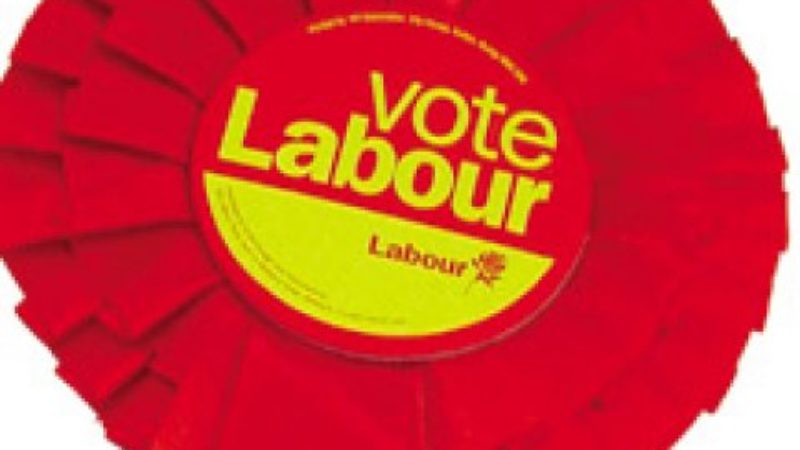
Only this morning, we wrote that “a dangerous germ of an idea is now in the Tory body politic – and it will grow fast”. Nobody could possibly have anticipated just how fast. Ill discipline on the backbenches has cost the government Lords Reform, which in turn has cost Cameron his precious boundary review. Constitutional reform has been kicked into the long grass.
And so have the chances of a Tory majority next time around.
Whilst some on the Tory backbenches will rejoice at the shelving of plans to abolish their constituencies (step forward Nadine), the more strategic amongst them may fear that scrapping a move that would cost Labour 20 seats is in effect scrapping a move that gave the Tories a fighting chance in 2015. Update: George Eaton of the New Statesman notes that the Tories need an 11% lead to win the election under current boundaries.
On the current boundaries, with the current polling, the 2015 election would be a Labour landslide.
Not that the 2012 polling counts for anything now – and the election is far from won by Labour, or lost by the Tories. But those scrapped boundary changes? They matter a hell of a lot.
Firstly, they matter because of crude, naked electoral maths. Without boundary changes the Tories will obviously need to win more seats. And that is – of course – more difficult. But this also matters because it’s the prime exemplar of what we were talking about this morning – Cameron’s parliamentary tactics now seem to be:
“Appease the backbenchers. Throw some red meat to the critics. Cling on. And hope for the best.”
Hope for the best on the economy, and the polling and the mood of the Tory Right (the reason why lords Reform was deemed more important than boundary changes). Hope that everything falls into place by 2014 in time for tax cuts and fear-mongering ahead of the general election. It’s not an appetising brew, but Cameron will need to drink it if he wants to be more than a one term PM. Ted Heath in an orange t-shirt.
Meanwhile, Nick Clegg can console himself with the fact that he might save a few seats in 2015 with this gambit – and for the first time he has shown that he understands how coalitions works. Small parties can in fact extract painful concessions from larger parties, rather than just rolling over time and again. Yet he’ll also have an unhappy party, disillusioned that all of the constitutional reforms have come to naught. (Note to Nick: They don’t call them “Conservatives” for nothing).
Ed Miliband and Sadiq Khan will – rightly – attack the government for going back on their word and abandoning Lords Reform. They will do their best, between Olympic events, to expose the weakness the PM is displaying, and noting that this is yet another u-turn. But they won’t be that disappointed. They had already begun to play games with constitutional reform over the parliamentary timetable. When the stakes are as high as they were here, you have to win. They had in mind the prize of boundary reform abolition. Lords Reform will be forced to wait (again), but there can now be no excuses if Labour fails to introduce a full, democratically elected upper house once back in power.
And the prospect of Labour being in power moved a little closer today. Thanks, in no small part, to Nick Clegg.
This isn’t such a silly season after all.
Mark Ferguson is the Editor of LabourList. Marcus Roberts is the Deputy General Secretary of the Fabian Society, and writes here in a personal capacity.




More from LabourList
Antonia Romeo appointed to lead civil service as new Cabinet Secretary
‘If Labour is serious about upskilling Britain, it must mobilise local businesses’
Stella Tsantekidou column: ‘What are we to make of the Labour Together scandal?’